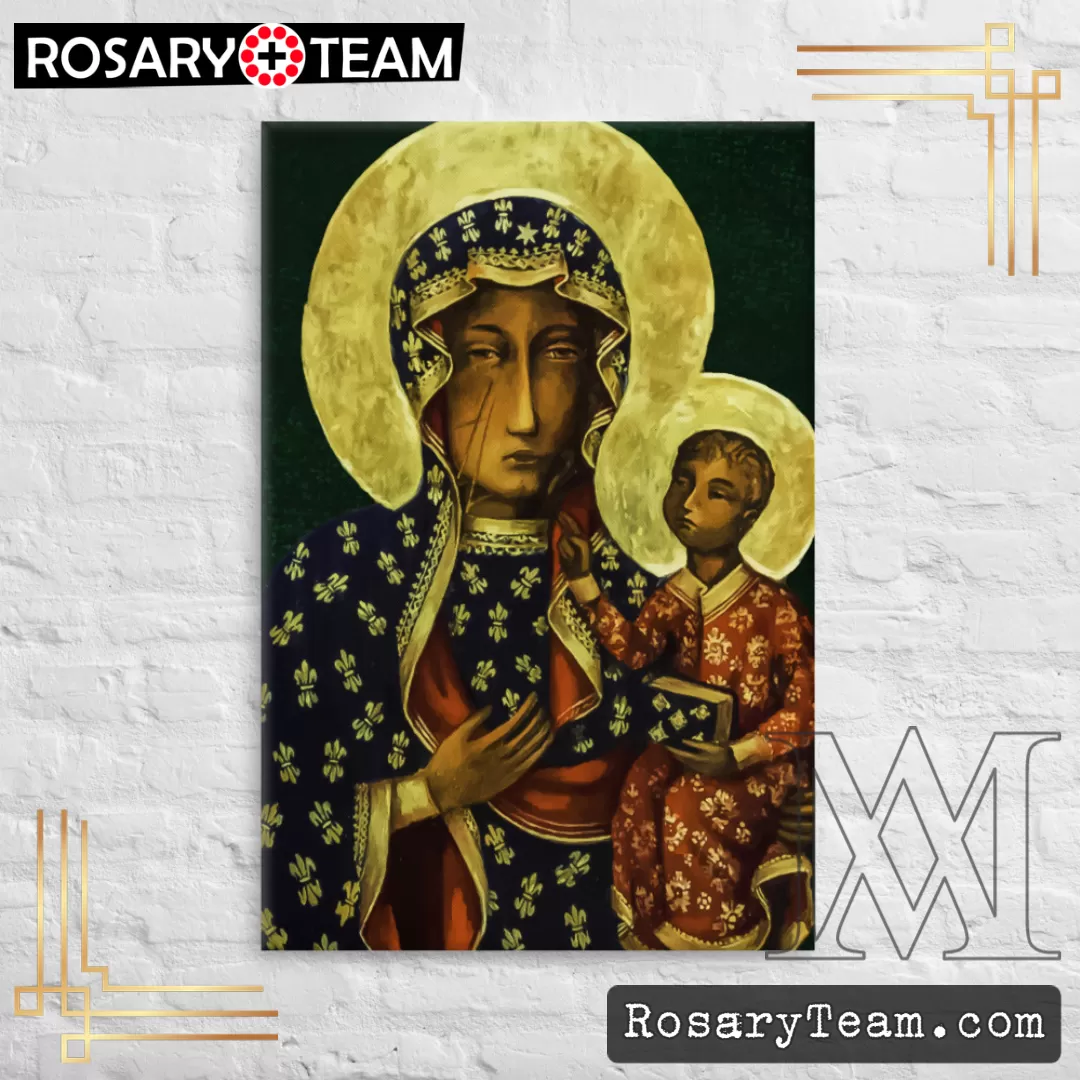Thursday, April 14 : Benedict XVI

The sacrament of charity, the Holy Eucharist is the gift that Jesus Christ makes of himself, thus revealing to us God’s infinite love for every man and woman. This wondrous sacrament makes manifest that “greater” love which led him to “lay down his life for his friends” (Jn 15:13). Jesus did indeed love them “to the end” (Jn 13:1). In those words the Evangelist introduces Christ’s act of immense humility: before dying for us on the Cross, he tied a towel around himself and washed the feet of his disciples. In the same way, Jesus continues, in the sacrament of the Eucharist, to love us “to the end,” even to offering us his body and his blood. What amazement must the Apostles have felt in witnessing what the Lord did and said during that Supper! What wonder must the eucharistic mystery also awaken in our own hearts! (…) In this sacrament, the Lord truly becomes food for us, to satisfy our hunger for truth and freedom. Since only the truth can make us free (cf. Jn 8:32), Christ becomes for us the food of truth (…) Each of us has an innate and irrepressible desire for ultimate and definitive truth. The Lord Jesus, “the way, and the truth, and the life” (Jn 14:6), speaks to our thirsting, pilgrim hearts, our hearts yearning for the source of life, our hearts longing for truth. Jesus Christ is the Truth in person, drawing the world to himself (…) In the sacrament of the Eucharist, Jesus shows us in particular the truth about the love which is the very essence of God. It is this evangelical truth which challenges each of us and our whole being. For this reason, the Church, which finds in the Eucharist the very centre of her life, is constantly concerned to proclaim to all, opportune importune (cf. 2 Tim 4:2), that God is love. Precisely because Christ has become for us the food of truth, the Church turns to every man and woman, inviting them freely to accept God’s gift.
Roman Catholic Ordinary Calendar – rosary,team
















